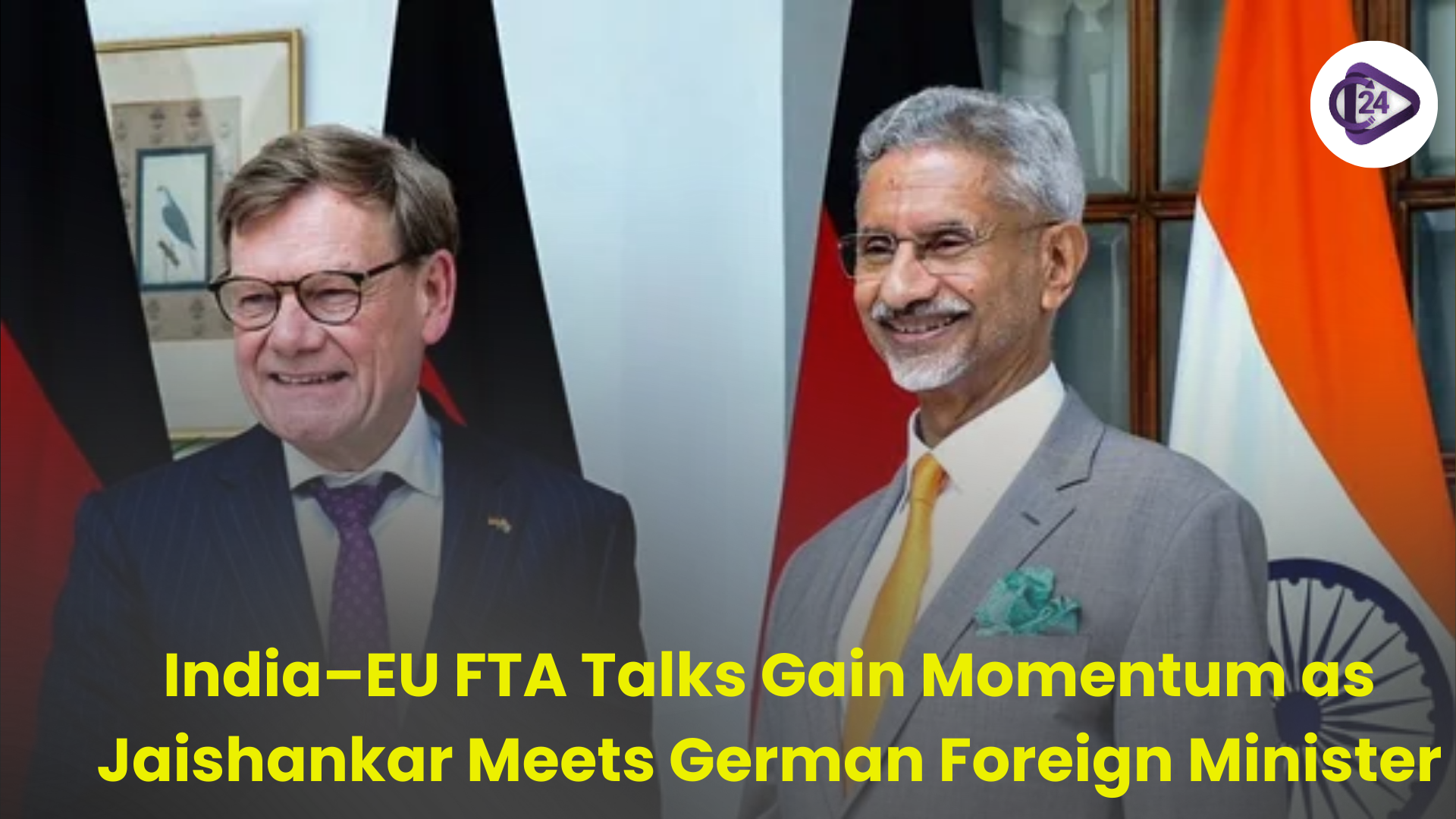
India and Germany have reaffirmed their commitment to doubling trade and expediting the India-European Union (EU) Free Trade Agreement (FTA) talks, a key topic of discussion during the meeting between Indian External Affairs Minister S. Jaishankar and German Foreign Minister Johann Wadephul in New Delhi. The two sides discussed global economic volatility, with a focus on addressing the "twin challenges" of economic instability and political uncertainty, particularly the impact of secondary sanctions and tariffs. While India and the EU aim to finalize the FTA by the end of 2025, differences remain over issues like agricultural market access. The visit also touched on geopolitical concerns, with Wadephul emphasizing Russia and China as the biggest international challenges.
Key Points:
-
India-EU FTA Talks: India and Germany committed to fast-tracking the ongoing India-EU FTA negotiations with the goal of concluding them by the end of the year.
-
Global Economic Stability: Jaishankar highlighted the FTA as a stabilizing factor for the global economy, offering a much-needed ballast in uncertain times.
-
Geopolitical Concerns: German Foreign Minister Johann Wadephul identified Russia’s aggression in Ukraine and China’s increasing assertiveness in the Indo-Pacific as the biggest challenges facing the international order.
-
Secondary Sanctions Issue: The two sides discussed potential tensions arising from secondary sanctions related to Indian companies buying Russian oil, which could lead to economic and diplomatic friction.
-
Bilateral Relations: The visit also underscored the importance of deeper cooperation between India and Germany, with Jaishankar emphasizing the value of a multi-polar world and strategic autonomy.
Conclusion:
The meeting between Jaishankar and Wadephul reflects growing momentum in India-Germany relations, particularly in the realm of trade and economic cooperation. While both sides are optimistic about concluding the FTA, challenges such as agricultural access and geopolitical tensions remain key obstacles. The discussions also highlight the broader global context, with both countries recognizing the need for more cooperative efforts in tackling issues like economic instability and geopolitical security in the face of Russian and Chinese aggression.



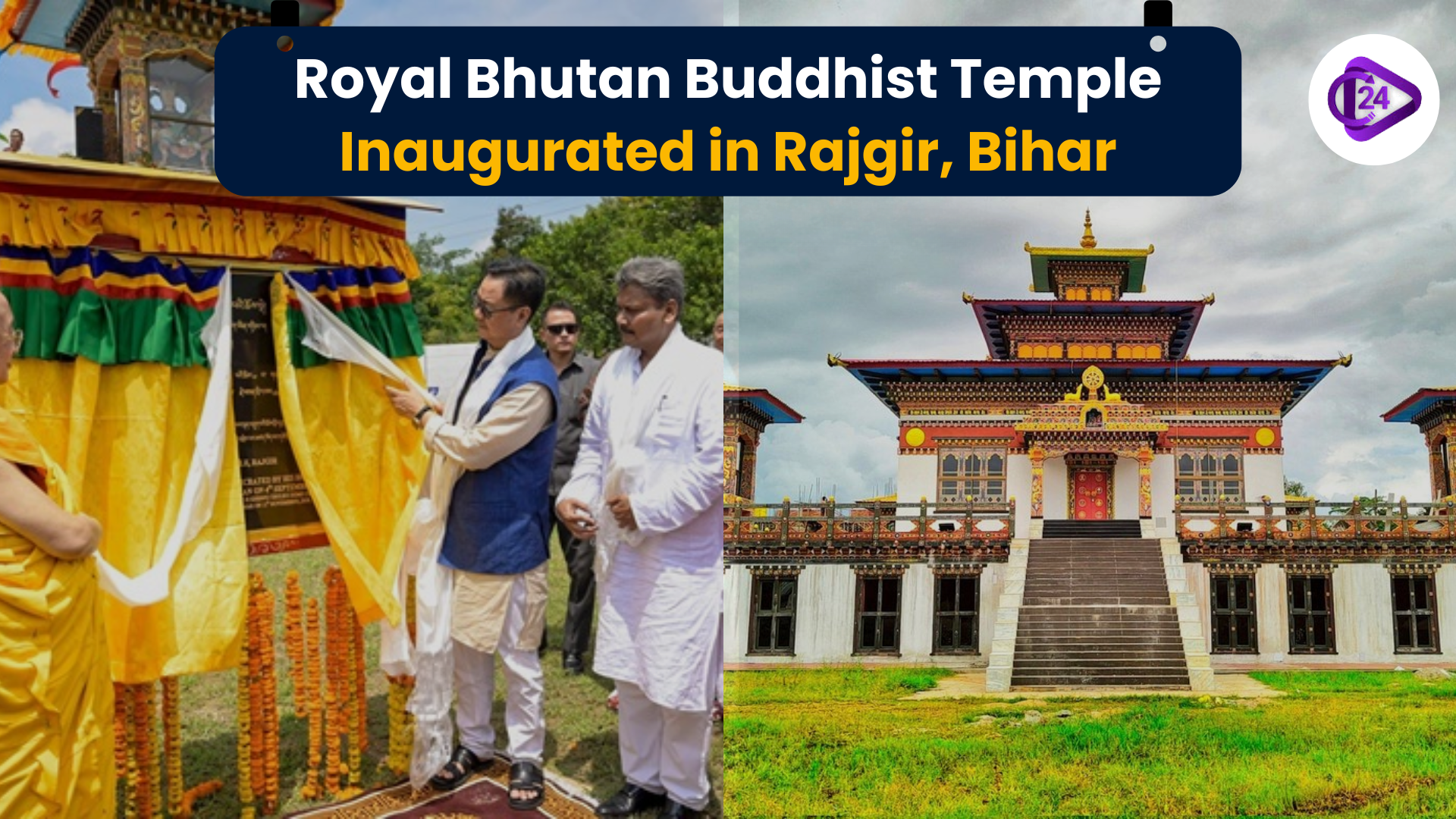 A Buddhist Temple in Royal Bhutan was inaugurated in Rajgir, Bihar
A Buddhist Temple in Royal Bhutan was inaugurated in Rajgir, Bihar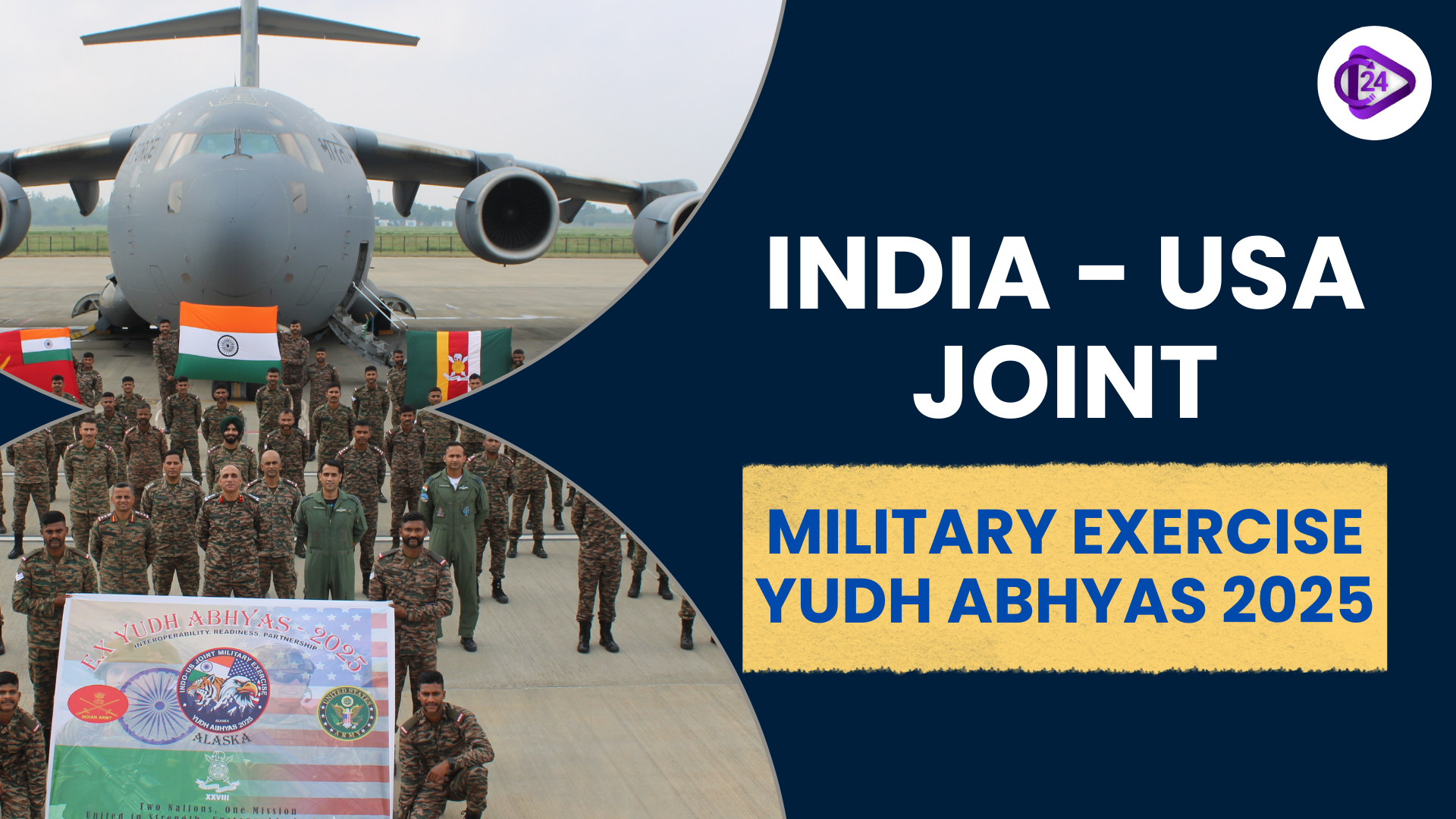 INDIA - USA JOINT MILITARY EXERCISE YUDH ABHYAS 2025
INDIA - USA JOINT MILITARY EXERCISE YUDH ABHYAS 2025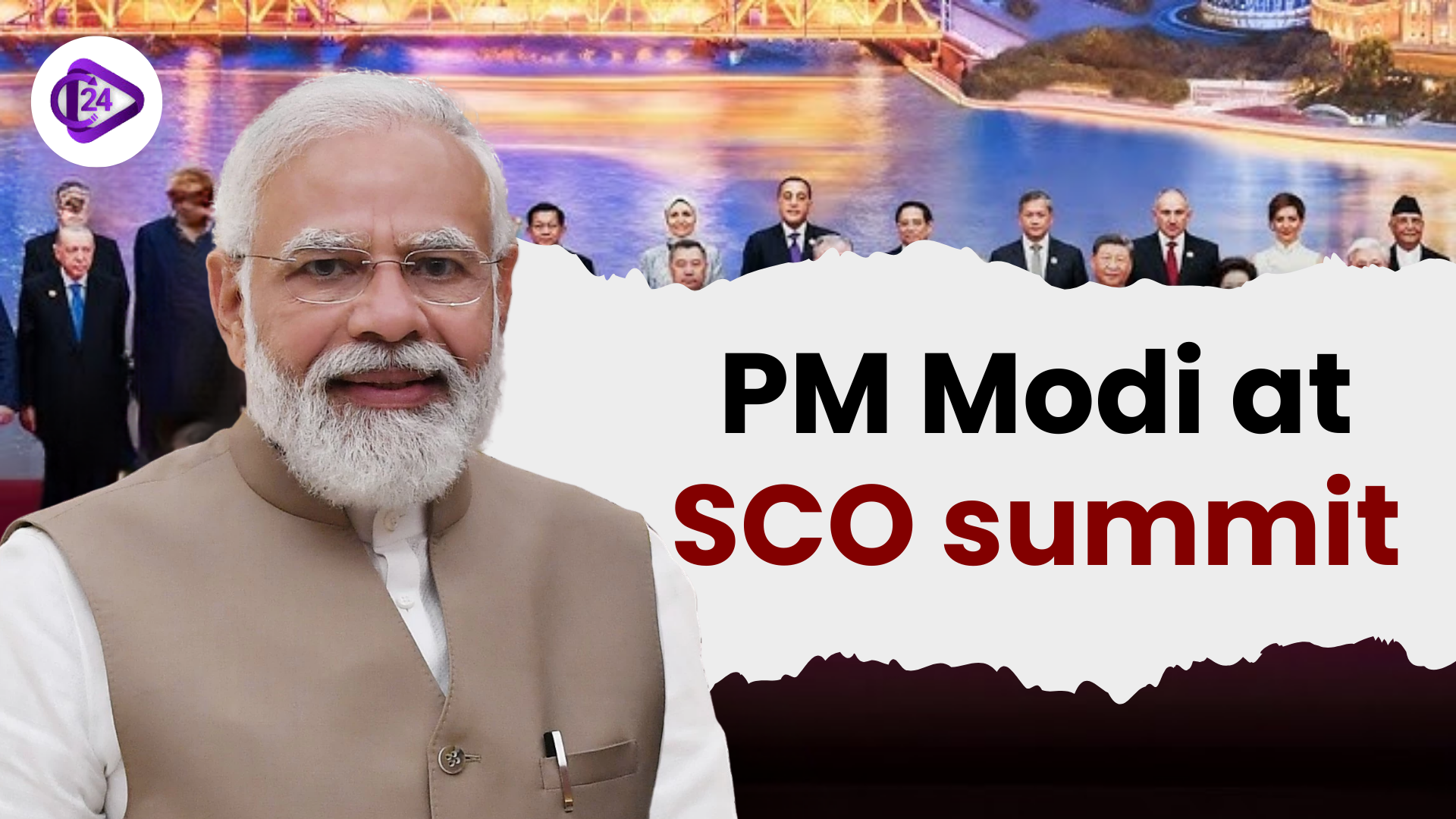 PM Modi at SCO Summit: India and China Commit to Fair Border Solution
PM Modi at SCO Summit: India and China Commit to Fair Border Solution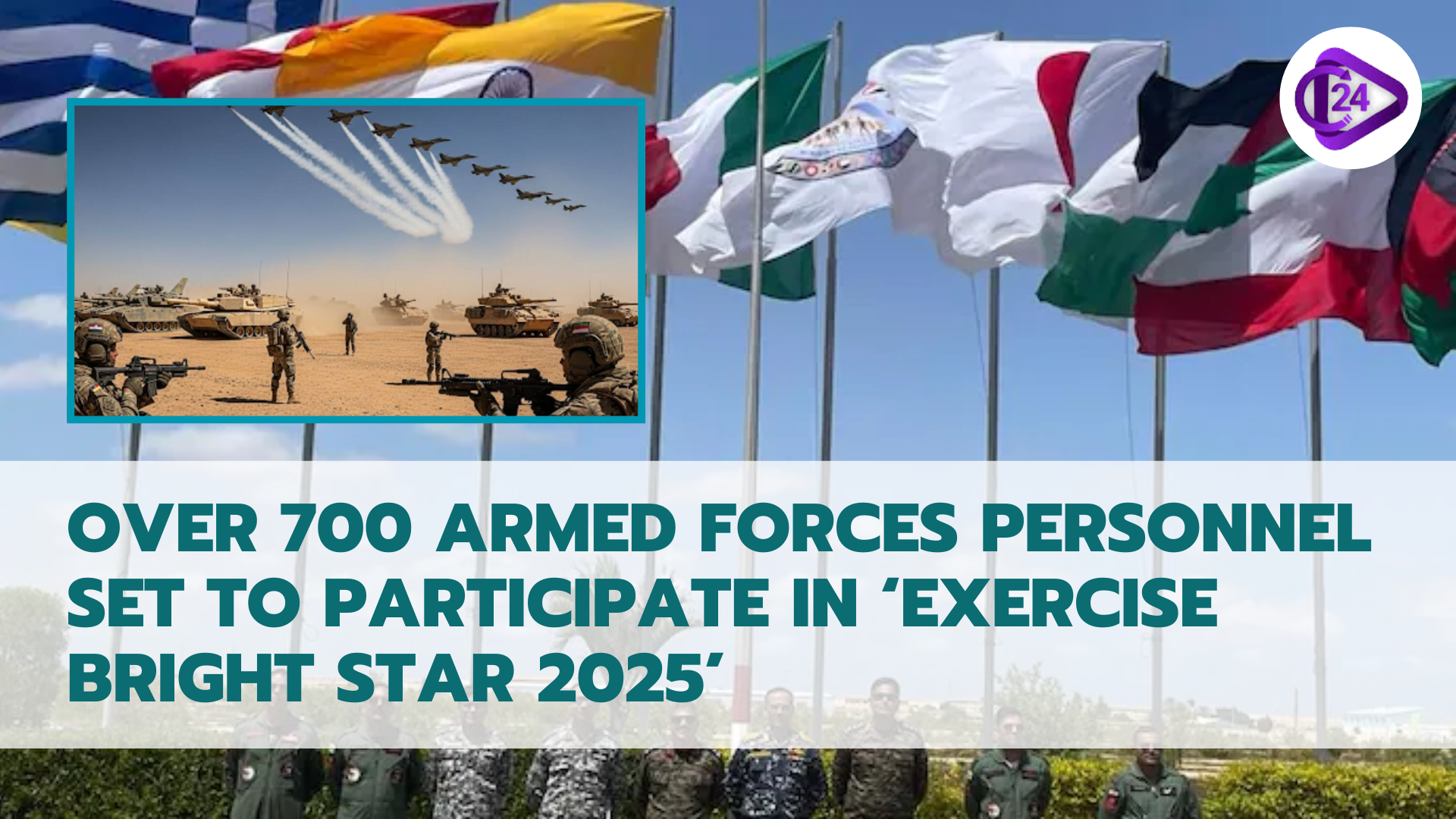 Over 700 Armed Forces Personnel Set to Participate in ‘Exercise Bright Star 2025’
Over 700 Armed Forces Personnel Set to Participate in ‘Exercise Bright Star 2025’ India Partners with World Food Programme to Combat Global Hunger
India Partners with World Food Programme to Combat Global Hunger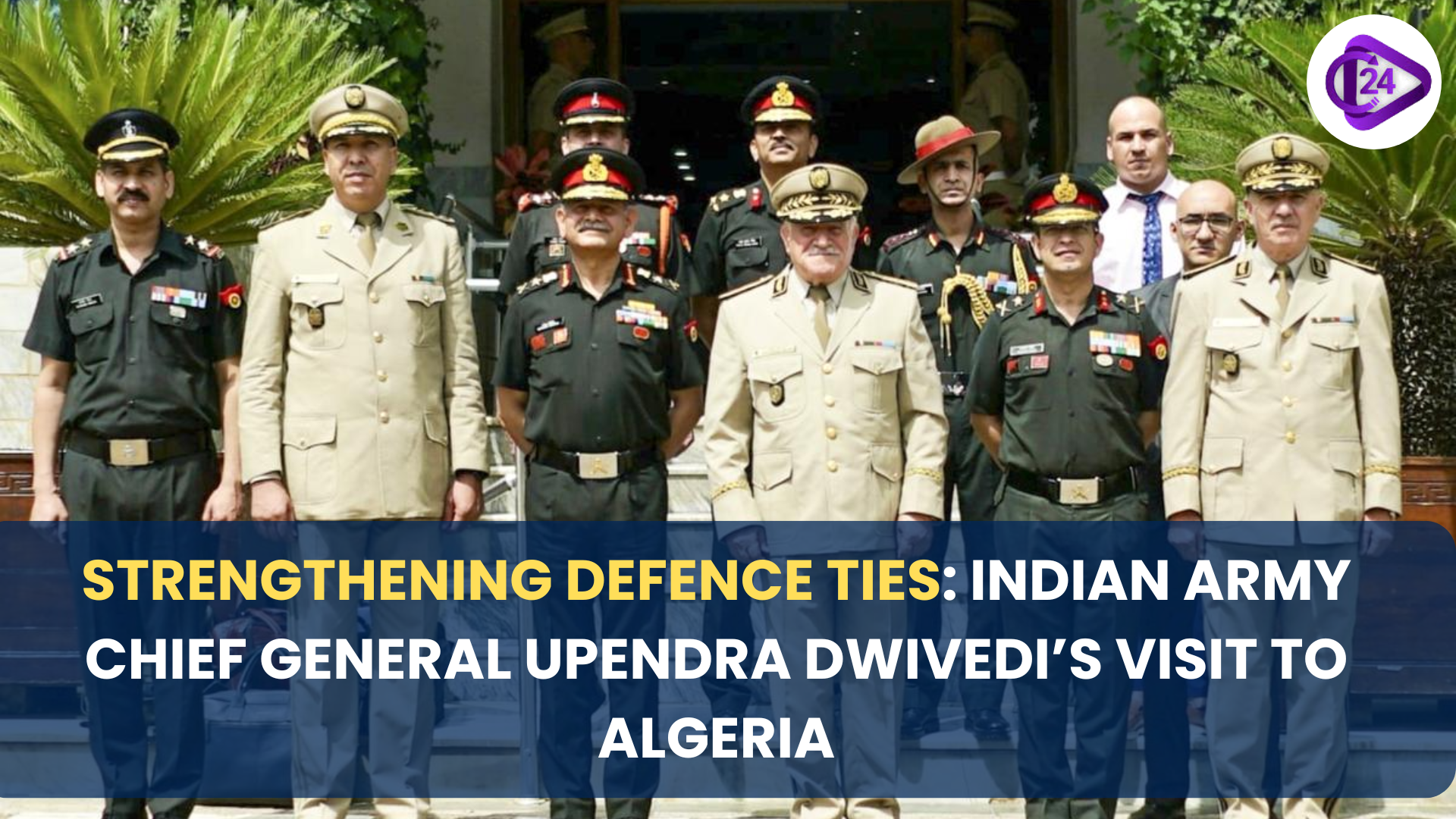 Strengthening Defence Ties: Indian Army Chief General Upendra Dwivedi’s Visit to Algeria
Strengthening Defence Ties: Indian Army Chief General Upendra Dwivedi’s Visit to Algeria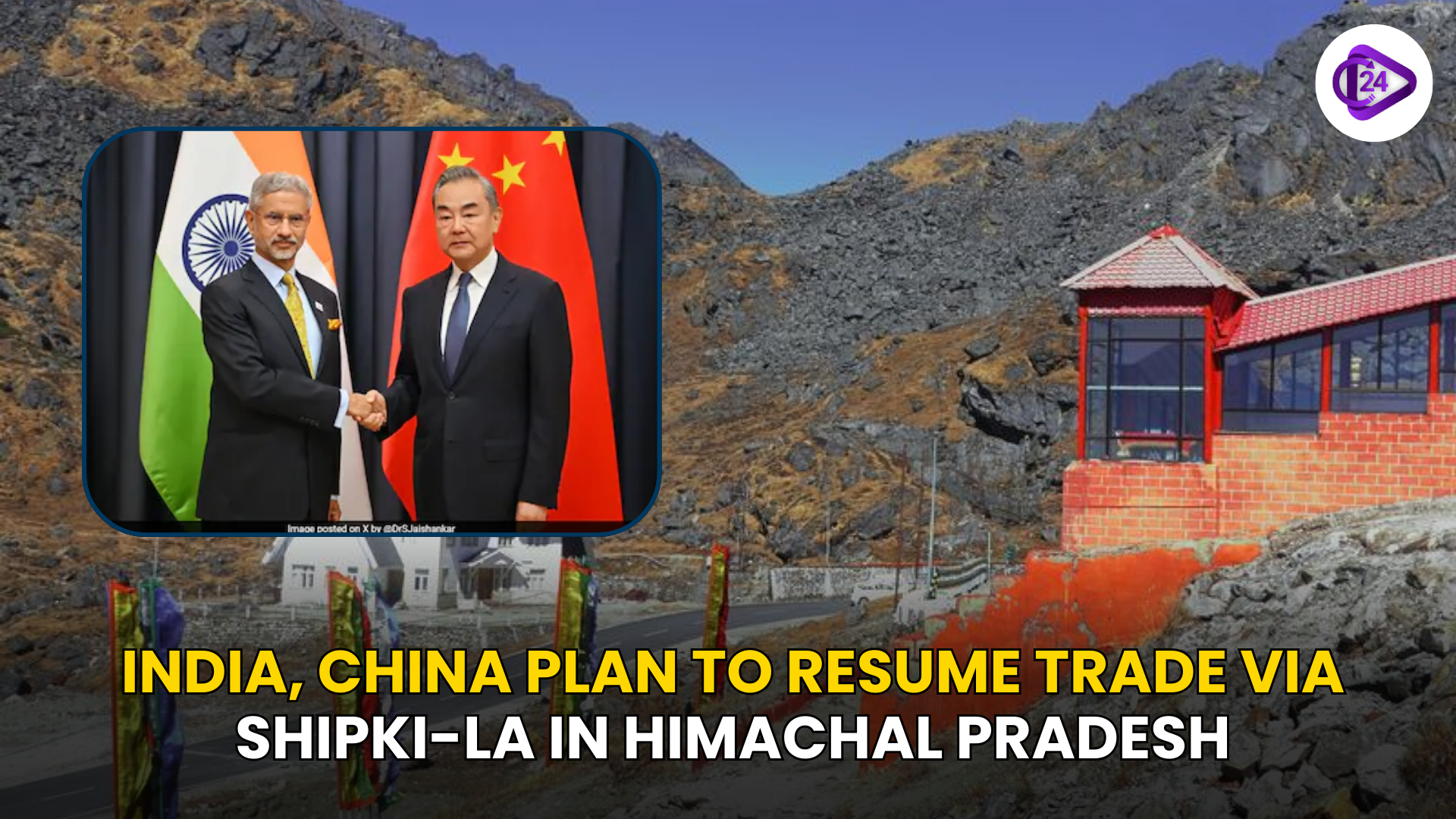 India, China Plan to Resume Trade via Shipki-La in Himachal Pradesh
India, China Plan to Resume Trade via Shipki-La in Himachal Pradesh Hawaii’s Kilauea Volcano Erupts Again with 100-Foot Lava Fountains
Hawaii’s Kilauea Volcano Erupts Again with 100-Foot Lava Fountains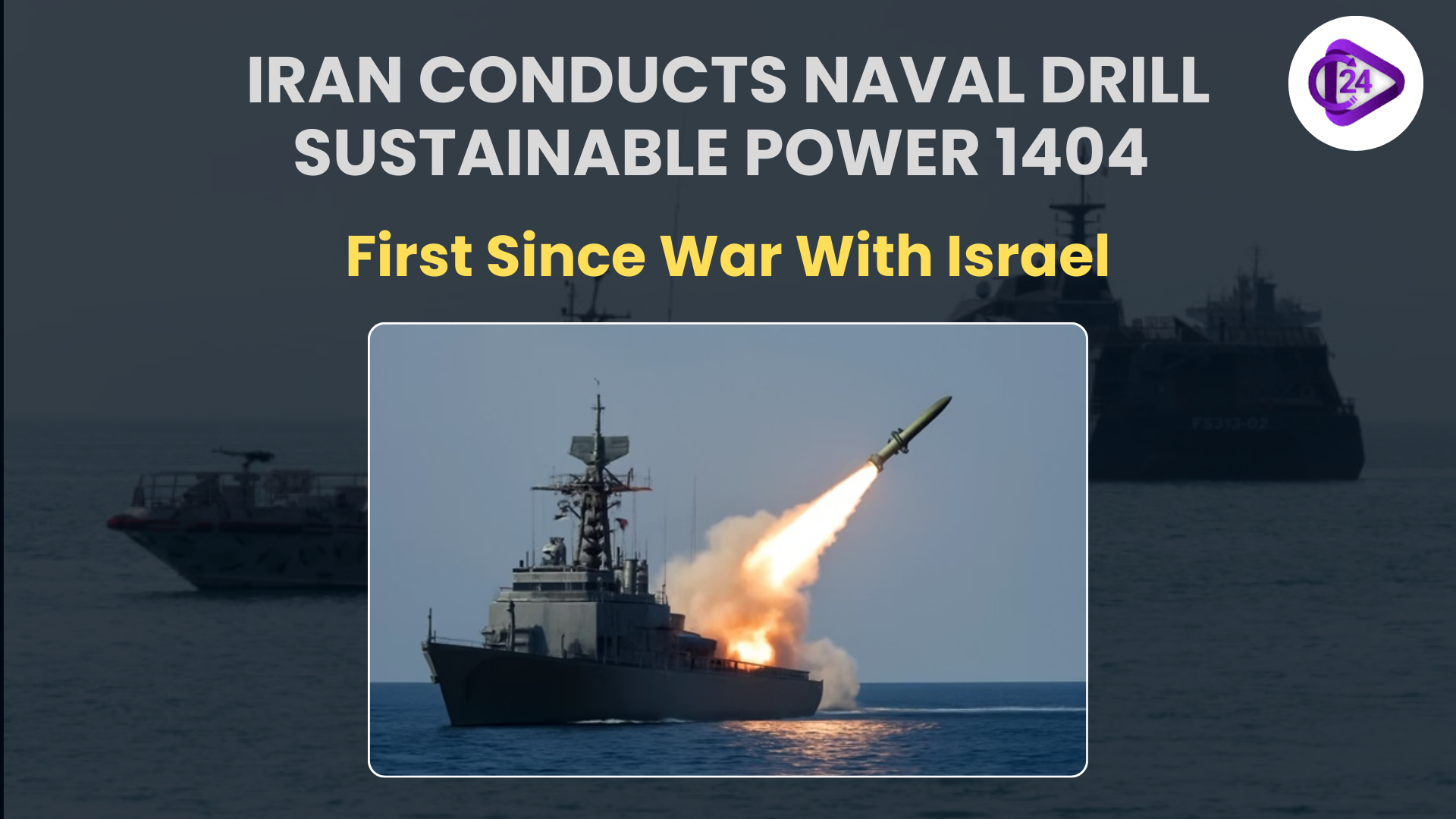 Iran Conducts Naval Drill Sustainable Power 1404 – First Since War With Israel
Iran Conducts Naval Drill Sustainable Power 1404 – First Since War With Israel






